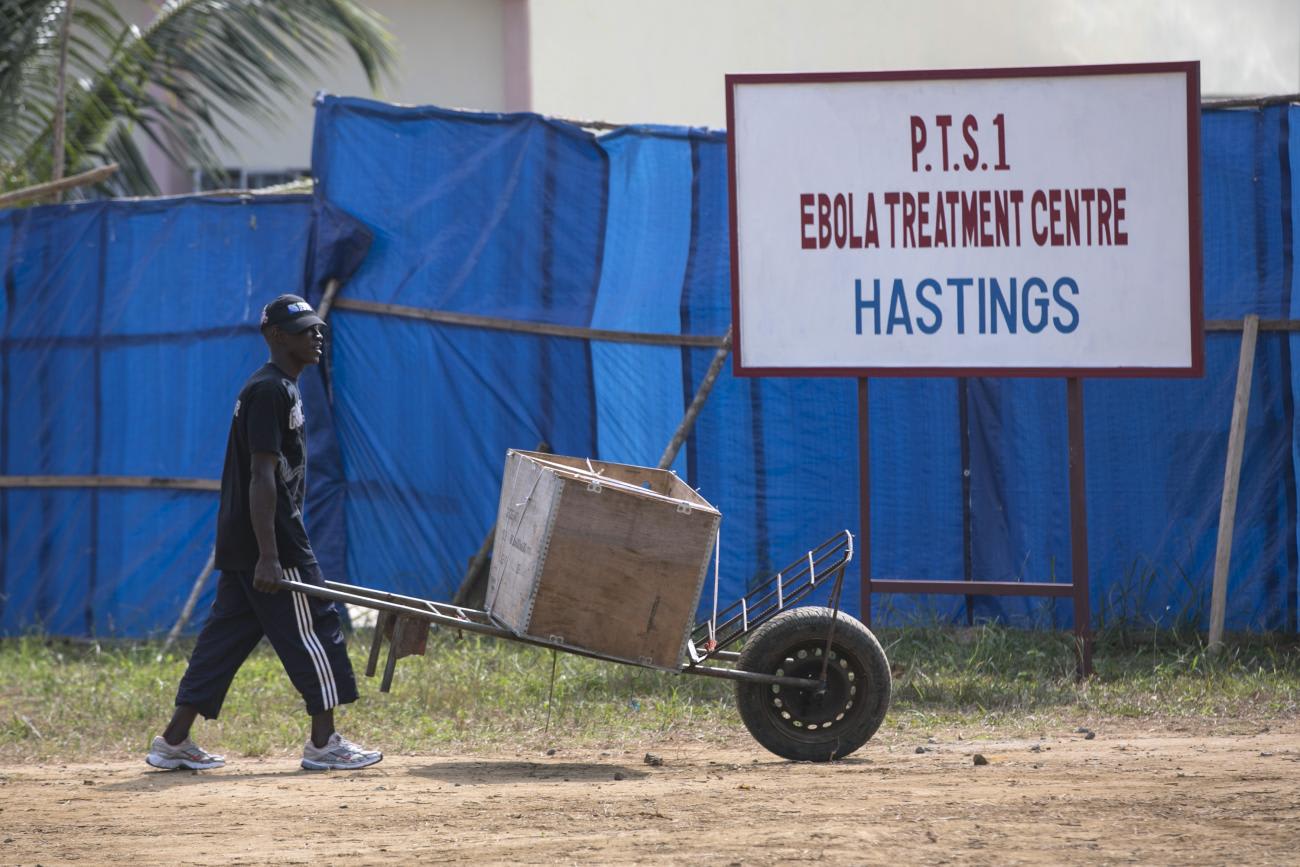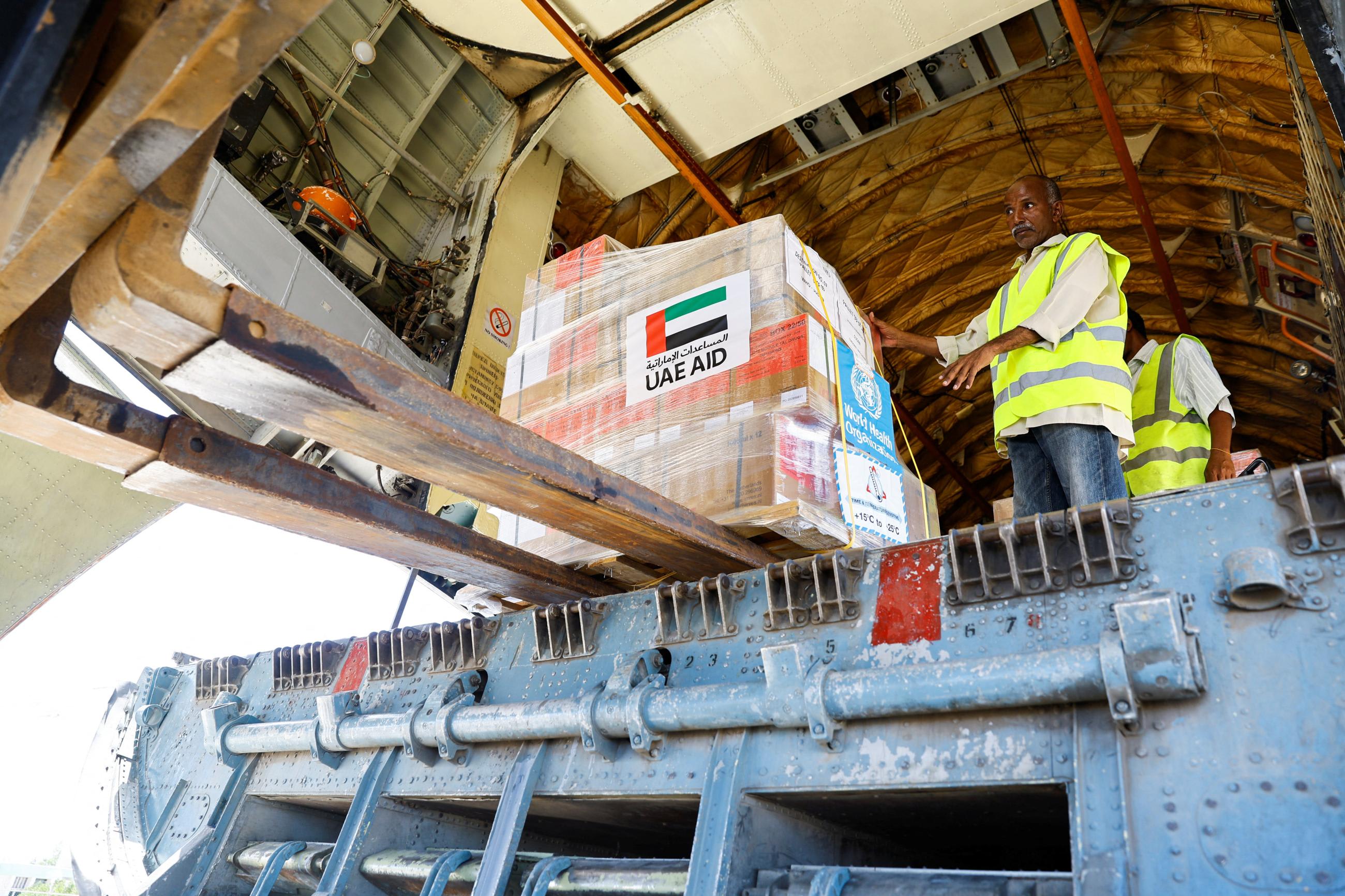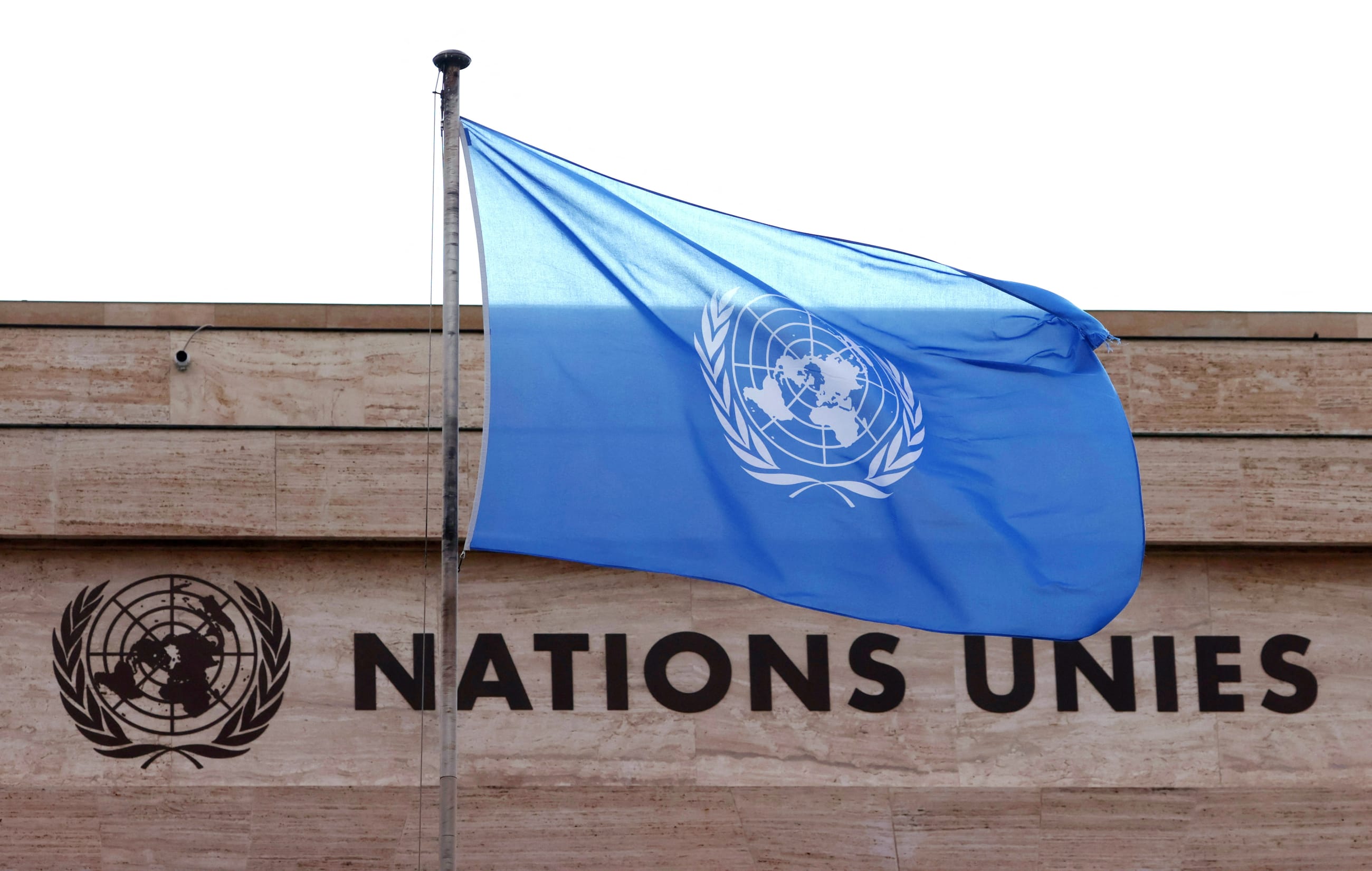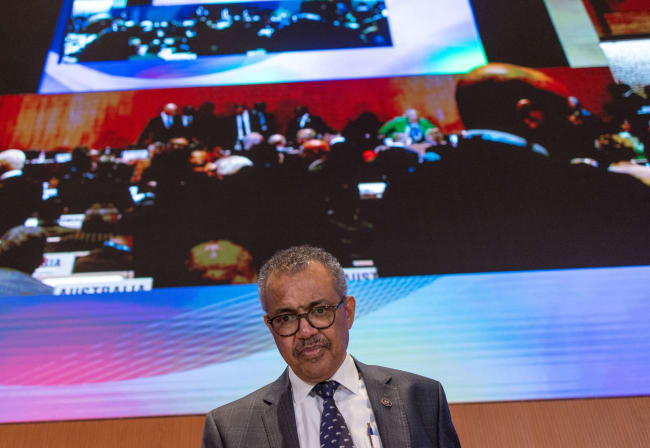The COVID-19 pandemic began as a grave health threat but soon exploded into a complex crisis affecting every aspect of life. Finance ministers scrambled to shore up economies and roll out unplanned social protection programs. Education ministers had to rapidly decide when and how to close schools; immigration and security officials did the same for borders.
For a time, the United Nations system was overwhelmed, having no playbook on how to collectively mobilize. Neither the General Assembly (UNGA) nor the Security Council met to coordinate policies and actions. World Health Organization (WHO) staff were working hard but not even the WHO's Executive Board convened. No senior diplomatic channels were in place to help unblock problems. Lower-income countries couldn't access World Bank emergency funding at the speed and scale required to protect their people and economies. People in humanitarian crises were left out.
Over three years, COVID-19 led to economic and social crises and to the deaths of at least twenty million people. The pandemic was an avoidable global disaster.
The council's purpose would essentially be to maintain political commitment and accountability for pandemic preparedness and response
That is what led us, as co-chairs and members of the Independent Panel for Pandemic Preparedness and Response, to recommend the creation of a Global Health Threats Council. Health threats should have the same level of attention that we give to threats of war, terrorism, nuclear disaster and global economic instability. A similar council was proposed following the Ebola outbreak in West Africa but was never implemented — and just four years later COVID-19 spread worldwide.
As described in the main panel report and clear Terms of Reference, we recommend that the council be formed by a UN General Assembly resolution and comprise heads of state and government, with leaders from each of the UN's regional groupings. We underscore the importance of the council for helping raise and oversee allocation of funds, and emphasize that it be a lean and effective operation with a secretariat of capable professionals, possibly based in Geneva, rather than a large new bureaucracy.
The council's purpose would essentially be to maintain political commitment and accountability for pandemic preparedness and response. Between crises, the council would sustain support for pandemic readiness, ensuring that it remained on the agenda of presidents and prime ministers, who in turn would ensure that every sector of society remained prepared. When crises arise, global coordination mechanisms would be in place, and the council would help identify and solve problems.
Such a council could also help hold countries accountable for their pandemic preparedness through peer review, recognition, and diplomatic pressure when required.

We also underscore what the council would not be. It would not be a new organ of the United Nations, nor would it have any formal governance functions or legal authority in relation to any international or regional organizations. It would not "take over" any of the work of the WHO or any other body.
Rather than "fragment the health system," such a council would help connect health to the broader arena of global concerns beyond the control of the WHO and national health ministries. In practice, it would be an independent ally to the WHO in working toward the common goal of no more pandemics. For example, it could advocate for the WHO to have the funding it requires for health emergencies. When a new pandemic threat emerges, as it inevitably will, future WHO directors-general would be able to rapidly enlist the support of this body for action.
The Independent Panel fully supports a strong WHO, and in no uncertain terms recommends that its member states provide it with the necessary authority, funding, and independence to uphold its responsibilities. The WHO should be empowered to focus on core work: to investigate threats, to evaluate quickly evolving evidence, to warn the world, and to provide the best possible guidance and technical support to prevent threats from growing into full-blown pandemics. The Independent Panel offers a series of recommendations to this end — and these should be implemented.
But ensuring sustained political leadership between and during crises requires political commitment to a new leader-level council. Various options have been proposed, including some we don't believe will do the job required.
Our recommendation remains the creation of the Global Health Threats Council.
Pandemic readiness extends beyond health
The WHO argues that any such council should be created under its Constitution, but pandemic readiness extends beyond health, and heads of state and government have no tradition of traveling to Geneva to report to the WHO Executive Board or World Health Assembly (WHA). An effective council with adequate participation should not be solely under the mandate of the WHO; instead, it needs to operate with a strong General Assembly mandate and independence from the WHO.
Others have suggested a council that reports jointly to the UN Secretary-General and to the WHO director-general (or to the UN General Assembly and the World Health Assembly). Establishing this through a UNGA political declaration and a WHA resolution would require considerable effort, but would pay off if it can improve coordination to avert the next pandemic.
In Geneva, important WHO member state negotiations are under way over a pandemic accord, which would likely create a Conference of the Parties composed of heads of state and government, much like what already exists for climate issues. We fully support a successful outcome to these negotiations. Sustained political leadership, though, hinges on a resulting accord with measurable commitments that extend beyond the health sector and its ratification by all member states — and this will take time, and the result is not guaranteed.
Finally, Secretary-General António Guterres recently decried the poor coordination of the response to COVID-19, calling the current system "totally ineffective," and proposed an emergency platform for complex global crises including pandemic threats. Instead of a new body, this would be a set of protocols to engage when a sufficiently grave threat arises. From our perspective, the proposal's exclusive focus on responding to crises does not address the need for ongoing attention to preparedness. When countries turn to focus on it later this year, we suggest they consider how a global health threats type council for preparedness be linked to this emergency response platform.
The immediate opportunity, however, is to commit to sustained and coordinated leadership for pandemic threats. At the first ever high-level meeting focused on pandemics, to be held at the UN General Assembly in September 2023, all countries need to commit to transforming the way the world prepares for and manages pandemic threats. Negotiation of the outcome political declaration begins this month, and it could change the trajectory of the future.
A proposed Global Health Threats Council should be fully considered for this political declaration. Many groups, including The Elders and the Pandemic Action Network, have made similar calls.
In considering the options, presidents and prime ministers should ask themselves what will best ensure that all countries are ready to stop the next health threat from once again devastating our world.
There is a solution, and their concerted, continued leadership will make all the difference.













